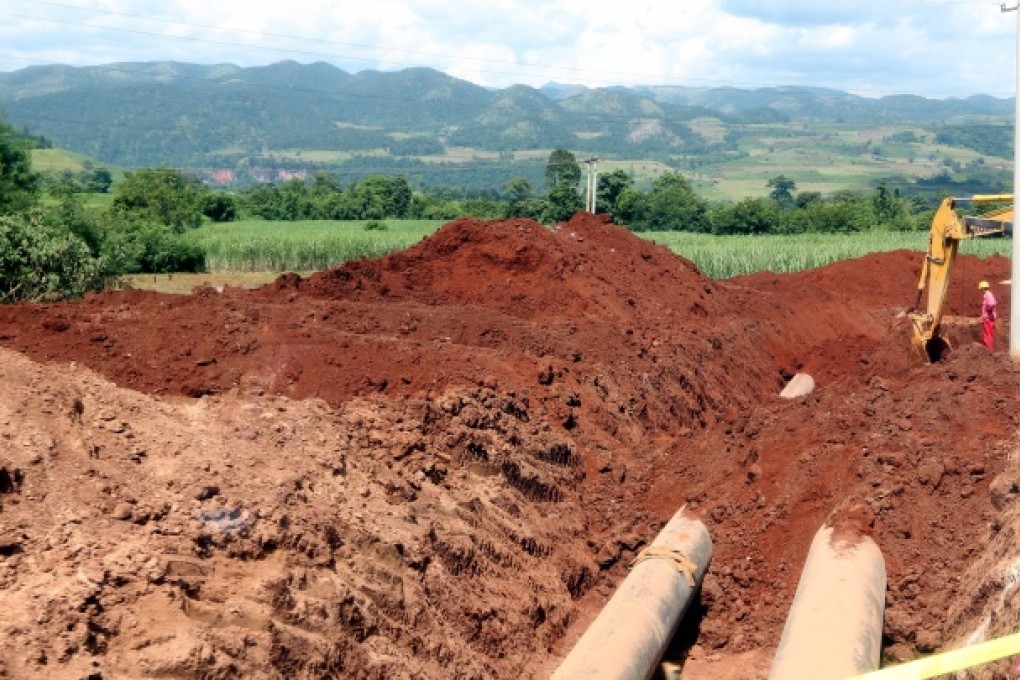Opinion | China lobbies for pipeline support in Myanmar, but environmental concerns persist

Community groups in coastal Myanmar on Thursday urged the suspension of a Chinese-built deep-sea port and pipelines that will soon deliver oil and gas from the Bay of Bengal to China.
In an open letter, three groups representing 17 villages near the starting points of the pipelines in Rakhine State have called for a review of the US$2.5 billion infrastructure project's environmental impact.
"Beginning from this year, [the] Maday Sea Port will be filled with massive Chinese oil tankers transporting crude oil," the open letter shared on Thursday read.
"If any oil spill occurs from these tankers [...], major sources of our livelihoods including our sea, agricultural lands, rice farms and mangrove forests will be destroyed."
Starting possibly as early this month, up to 22 million tonnes of Middle Eastern oil and 12 billion cubic metres of natural gas from Myanmar's Shwe Gas fields will annually flow through the two pipelines operated by a joint venture between China's largest oil producer China National Petroleum Corporation (CNPC) and state-owned Myanmar Oil and Gas Enterprise.
As the country formerly known as Burma is undergoing political reforms, popular protests have previously stalled major Chinese investment projects.
